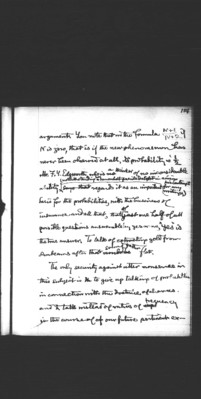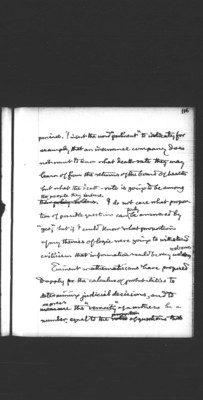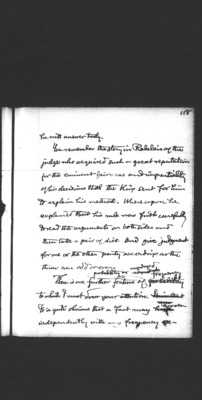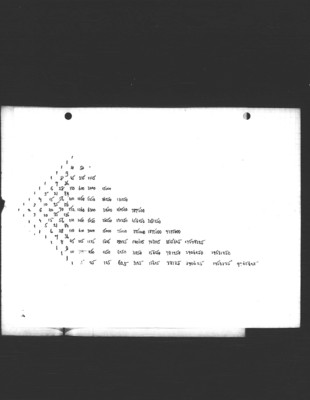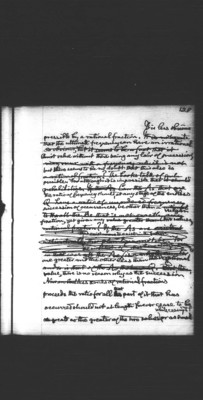Pages
61
114
argument. You note that in the formula N+1/N+2 if N is zero, that is if the new phenomenon has never been observed at all, its probability is ½. Mr. F. Y. Edgworth, who is a thinker of no inconsiderable ability (notwithstanding his somewhat puerile delight in airing his contempt for my writings), regards it as an important basis for the probabilities, with the business of insurance and all that, that of just one half of all possible questions answerable by yes or no, “yes” is the true answer. To talk of extracting gold from sunbeams after that sounds rather flat.
The only security against utter nonsense in this subject is to give up talking of probabilities in connection with the doctrine of chances and to talk instead of ratios of frequency in the course of our future pertinent experience.
62
116
I insert the word “pertinent” to indicate, for example, that an insurance company does not want to know what death-rate they may learn of from the returns of the board of health but what the death-rate is going to be among the people they insure. I do not care what proportion of possible questions can truly be answered by “yes”; but if I could know what proportion of my theories of logic were going to withstand criticism that information would be very welcome.
Eminent mathematicians have proposed to apply the calculus of probabilities to determining judicial decisions, and to express the “veracity” of a witness by a number equal to the proportion of questions that
63
118
he will answer truly.
You remember the story in Rabelais of the judge who acquired such a great reputation for the eminent fairness and impartiality of his decisions that the King sent for him to explain his method. Whereupon he explained that his rule was first carefully to read the arguments on both sides and then take a pair of dice and give judgment for one or the other party according as the throw was odd or even.
There is one further feature of probability or unordered frequency to which I must draw your attention. It is quite obvious that a fact may happen independently with any frequency
65
120
expressible by a rational fraction. It is less obvious that the ultimate frequency can have an irrational value without there being any law of succession; but there seems to be no doubt that this also is possible. For although it is impossible that the ratio of frequency should, at any stage of the endless succession of occurrences, be other than a vulgar fraction, yet given any two values, one greater and tbe other less than the irrational value, there is no reason why as the succession proceeds the ratio for all that part of it that has occurred should not at length forever cease to be as great as the greater of the two values while ceasing to be as small
